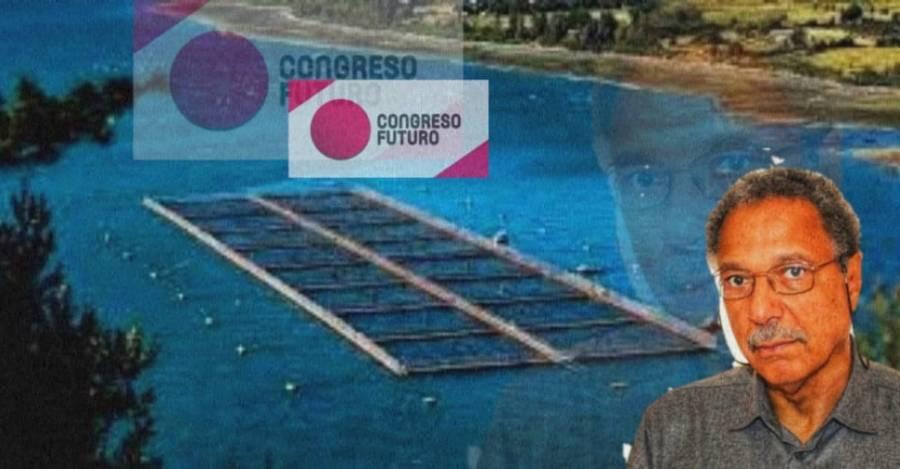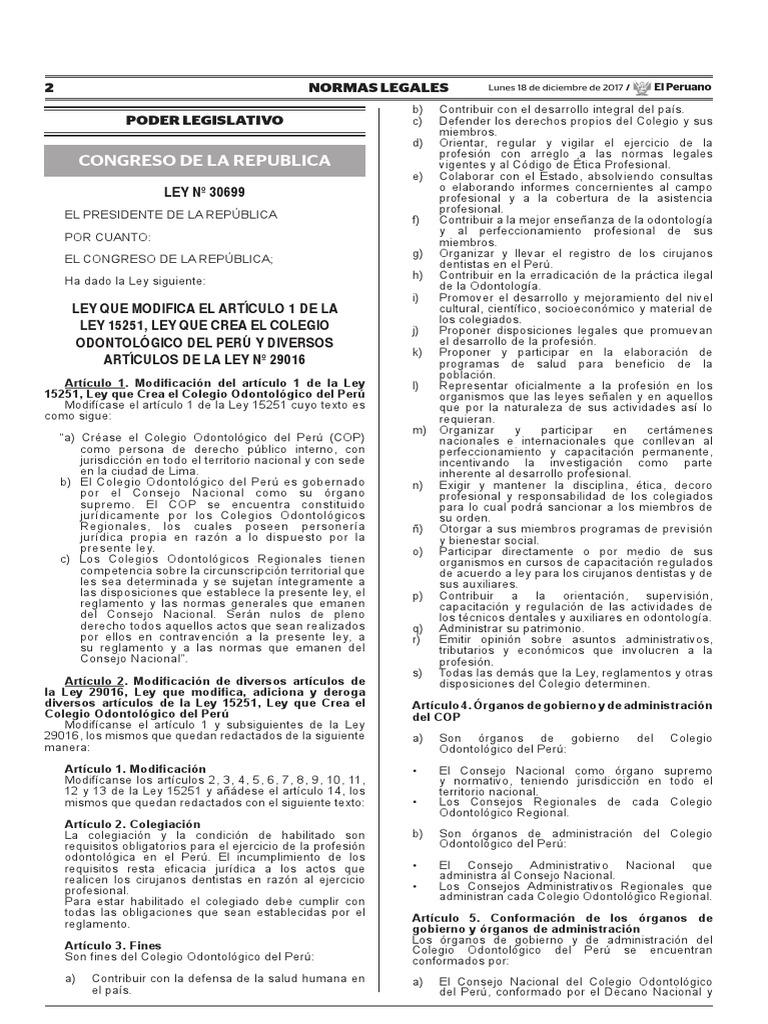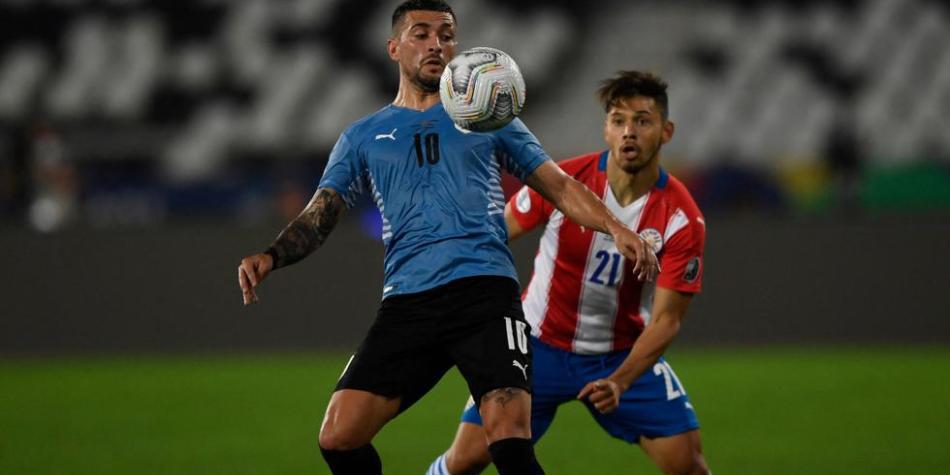Daniel Pauly, the most cited scientist in fisheries in the world: "Salmon farming is an aberration" |Interference
It could be said that, in his life, the French marine biologist, Daniel Pauly, has been a server twice.First, by obligation: an adoptive couple snatched him from his biological mother from Paris being a child, transforming him into his personal servant in Switzerland.Second, voluntarily and passionately: for five decades, the dr.Pauly serves the ocean and its protection.
The Frenchman escaped from the Swiss couple in his adolescence, arriving in Germany.There he worked to subsist at the same time he studied and approached the scientific world."I escaped to science because where I grew up there were many reasons to fall into a hole, since the family that raised me were criminals," he says.
The rest, in the field of marine biology, is history: it is cooker of one of the largest fish databases, FishBase, where information is included in 34.700 species;He has published more than a thousand scientific articles;He is the most cited fishing specialist in the world of science;And he is the author of revolutionary theories and concepts in the area, such as the Branchias Observation Limitation theory (Golt).
"Salmoniculture is a global operation to carry protein from developing countries to rich countries," he says in relation to the growing salmon industry in Chile and the world.
After exhibiting in Chile for the new version 2022 of the future Congress - a exposition that titled "Aguacalipsis" -, Dr.Pauly talked with interference on the ocean and the climatic crisis, the impact of the fishing and aquaculture industry on marine life and its theories applied in relation to global warming. "Salmoniculture is a global operation to carry protein from developing countries to rich countries," he says in relation to the growing salmon industry in Chile and the world.(Check here the site of the future Congress 2022).
Daniel Pauly says "basically" followed, but what he describes is far from being something basic.Despite the technicalities and the difficulty of the issues it deals with, the biologist is implied.Define the explaining how to take a complex topic and transform it into something simpler, a task than one of its most controversial and relevant theories seems to comply.
He is the scientist behind the Gill Observation Limitation Theory (Golt), published 40 years ago.Today, with the effects of global warming more and more latent, it has begun to gain adherents.The name is new: before they called "Pauly's madness" (in English, Pauly’s Folly).
Pauly developed the Golt to explain why fish stop growing.And as the name says it, the gills have a lot to do with the limitation of growth, which depends, in part, on the oxygen supply that the fish has.
"Oxygen demand is a volume, and a volume grows in three dimensions", which are determined by the fish of the fish, which "has a long, a width and a height".However, gills do not share the same variables.“So when something grows twice its size, how much heavier it is?Is eight times heavier.But the area of the gills[from where oxygen is obtained] is multiplied by less variables, so it is lower, ”he explains.
The relationship of this with global warming is complex, but then explains it next to why it calls to end industrial fishing and combat uncomfortable aquaculture.Your reasons are several.
The effects of global warming in the sea and industrial fishing
During the future Congress you implied that, because of the increase in temperature on the planet and the sea, the fish will leave the tropics to move to the poles within 50 years.
In the long term you will find that ocean will be increasingly uninhabitable.
-Yes and they started doing it. In the long term you will find that ocean will be increasingly uninhabitable.In the tropics, this will make the fish that are more temperature sensitive leave areas that have become warmer.
If there is no change in future regulation that stops this, could we think that the fishing in the area will also leave the tropics and go to the poles, like the seas of Chile?
-This is already happening.For example, Spanish tuna fisheries have modified their areas of operation to higher latitudes.These effects are beginning to demonstrate and will become very powerful in the coming decades.But the great change will not occur in the tropics, but in the areas of cold temperatures;where you can see all types of fish come from subtropical areas.For example, Florida fish are seen in New York, in Chile you will see fish Peru or Ecuador.In the tropics what you will have will be a slow decline of abundance of species diversity.People will not really notice it so clearly.In addition, when a fisheries collapse in Ecuador or Indonesia, you will not know if it is because the species left that place or if it is because the fishing company took out all the fish.
What should governments and international entities do to protect marine life and also ensure that there is fishing?

The only thing we can do to mitigate the damage to the seas is to leave as much fish as possible.[...] The more there are, the more variability there will be in its properties and characteristics, and the more variability there will be the better the ability of marine fauna to resist higher temperatures.
-The monitoring of extractive activities is necessary, because if not companies lie, they cheat and do not respect the law.Monitoring is necessary, independent of global warming.What will be a priority is that countries take the emission of greenhouse gases seriously.They must reduce them until they reach a net emission of zero.Right now we still have greater broadcasts year after year.
-The only thing we can do to mitigate the damage to the seas is to leave as much fish as possible.That can be done through the protection of marine areas, something that Chile has done in many places.Why leave fish in the water?Because the more there are, the more variability there will be in its properties and characteristics, and the more variability there will be the better the ability of marine fauna to resist higher temperatures.
Are you talking about evolution and the chances of the fish to adapt?
On the other hand, if you leave only a few in the water, you have less variability in its characteristics and less resistance to change.We know that species with low population do not resist disease well, because there is no variability.So the best thing you can do against global warming is to leave fish at sea.
-Yes, and since you cannot control mutations or predict when they appear in fish or other organisms, if you have a large population there will be more variability and more changes;allowing more fish to resist higher temperatures.Then these fish are the ones that will be transformed into the ancestor of the next population. On the other hand, if you leave only a few in the water, you have less variability in its characteristics and less resistance to change.We know that species with low population do not resist disease well, because there is no variability.So the best thing you can do against global warming is to leave fish at sea.
Something that probably does not like to listen to a good part of the population, including fishing.
-When you tell this to certain people, many times they respond that they have to catch them before they go to another country and disappear in that.We are basically facing an absurd situation.We should have acted in the 80s, when global warming was already clear for the scientific community, and having gradually moved our economy towards neutrality.Would have been cheap and easy to do.Now it will require immense sacrifices and investments, so it will probably not be done on time...
He mentioned previous.How to improve this in large fishing countries?
The notion that you are free to accumulate, undermine, kill or fish freely and only intervene when there is a catastrophe is wrong.The notion that someone can own a mine, for example, in Chile, and decide to ruin a bay, is completely absurd because it involves thousands of people for the benefit of few.
-You have to talk about large countries.A small country will have a small difference between the reported and the real fishing, but this is because it is a small country.China does the same nonsense as the rest, but it is a big country.Basically we have in our society a model of acquisition of resources that goes to private individuals, so this acquisition of resources is not necessarily oriented towards the common good.Then the community must control this acquisition of resources. The notion that you are free to accumulate, undermine, kill or fish freely and only intervene when there is a catastrophe is wrong.The notion that someone can own a mine, for example, in Chile, and decide to ruin a bay, is completely absurd because it involves thousands of people for the benefit of few.This occurs worldwide, and you have to get rid of this notion.
And what will happen if that does not happen and that notion continues to prevail?
-We must rethink our economy, and if that does not happen, if we only intervene when we are on the edge of a catastrophe, we will effectively live the catastrophe.
Salmoniculture, an "aberrant" practice
In that order of things, you have said that you have to get away from industrial fishing.
-Yes, because essentially, in most countries, industrial boats compete against artisanal fishermen, who could perfectly fish on the coast the fish that are carried by industrialists.Some believe that this would leave the fish away from the coast without fishing, but those who are sea outside, like tuna, do approach the coast when there are many of them, and they can catch.We do not need industrial fishing.If we had only handmade fishermen who fish per day, we would be fine.But reforming and changing this will require that we take care of the subsidies to the great fishing.In all countries, taxpayers and government give money to industrial operations, much more than smaller -scale fishermen.There is a huge difference in the subsidy rate between fishermen and industrial fishing.
And what about aquaculture, specifically with salmoniculture?
Then the jurel protein is basically transferring to salmon and then outside of Chile to Europe.This form of aquaculture is spreading as a disease around the world, with West Africa also subsidizing these practices.Essentially, it is south feeding north.
-The salmoniculture is an aberration.This is because to produce salmon you must get large amounts of fish.For example, in Chile the jurel has been used in huge amounts, devastating the stock of this fish, to feed the salmon. Then the jurel protein is basically transferring to salmon and then outside of Chile to Europe.This form of aquaculture is spreading as a disease around the world, with West Africa also subsidizing these practices.Essentially, it is south feeding north.
-On the other side, in the Philippines, for example, aquaculture is artisanal.Feeds common people in that same country.Salmoniculture on the contrary is a global operation to remove protein from developing countries to rich countries.
What do you think that the salmon industry, particularly in Chile, describes itself as a sustainable?Can salmoniculture be sustainable?
-That does not mean anything.In this context, being sustainable does not mean anything.What is sustainable?Sustainable implies that something can be done in the long term, for a long time.What is sustainable in the salmon industry?It requires huge amounts of food from non -sustainable fisheries, for example.The aquaculture footprint expands because the resources used to feed the fish expand it.That is not sustainable.Say that they are sustainable is a contradiction, an oxymoron.
But these companies have their sustainability certifications, medals...
-Of course they have them.Is meaningless propaganda.And many people believe it.
Why will the fish shrink as temperatures rise?DR scientific findings.Pauly
His Gill Observation Limitation Theory theory is currently discussed and used in different studies on marine life, but presented it many years ago.Did he have the same impact when he published it?
What happened is that global warming made it relevant.
When I published the first version of my theory, four decades ago, there was no reaction.Total silence.I could see that there was no interest in a logical conclusion derived from general observation.The atmosphere at that time was that you had to have concrete things to write. El 2013, mi colega William Cheung[actualmente director de la IOF], publicó un estudio donde uso la teoría para predecir que los peces se irán achicando por el aumento de temperaturas.We published it and was publicly criticized by a handful of Norwegian colleagues who said that this was madness to be based on my theory about the gills.There I got angry and began to defend a theory that had not been defended before because nobody was interested. What happened is that global warming made it relevant.
In what sense?
-In basically, if you study the sea, you will notice that the fish are getting smaller and are moving.You can publish observations like those until you get bored, but what do you join for these two observations?You need a theory to do it, and Golt - who called her "madness of Pauly" - seeks that.Then I started working in a response to criticism, which was published in the journal Science Advances, to refute them.It was interesting because I had not seen a scientific paper who did something like that, list a series of criticism and refute them one by a.Now, the theory has become what should have been forty years ago, when I published it.There is a growing group of interested people, but it is clearly because of global warming.It is an explanation for some events, since there are explanations that seem to understand events, but they do not.(Check Daniel Pauly's scientific article here from 2021, published in Science Advances, responding to criticism of his theory).
As which?
-It has conversion efficiency, which is the conversion of food to growth.When the fish grow and reach a certain size, they no longer grow.They do not convert growth in growth.Then conversion efficiency reaches zero.If you are looking for the explanation for this phenomenon, most say that the fish is aging.But aging and growing is the same.So it is not an explanation, since this must bring something complicated to something simpler.And aging is something complicated, just like growing.You must find something else that must explain the phenomenon, but also other things.
The Golt then explains those things?What is your theory?
-It is quite simple. El crecimiento es concebido a través de dos elementos: uno, que el pez se agrande y dos, que éste demande recursos: una variable positiva[crecer] y otra negativa[demanda de recursos].Growth, opposition variant, is related to oxygen supply, a negative variant, because you need oxygen to do things.The supply of this element, on the other hand, is limited by a surface, since the gills have a surface.Oxygen demand, meanwhile, is a volume, and a volume grows in three dimensions, when gills grow in less dimensions.The body of the fish has a long, a width and a height;But no gills.So when something grows twice as its size, how much heavier it is?Is eight times heavier. Pero el área de las branquias[desde donde se obtiene el oxígeno] se multiplica por menos variables, por lo que es menor.
Making less oxygen.
-Of course, and if you need a certain amount of oxygen to live, you receive it, but if you grow more, do not get it. Entonces eso limita el tamaño que puedes alcanzar[ya que las branquias no crecen al mismo ritmo que el cuerpo del pez].
How does Golt relate to global warming and with its postulate that fish will be smaller and smaller?
We know that oxygen limits fish growth.The fish, contrary to the human, have a temperature that varies with the outer temperature.We stay at 37.5;but we have a fever.The fish endure a difference of 10 ° in their temperature, because their temperature is the same as the exterior.A fish, at a higher temperature, will need more oxygen.
-We know that oxygen limits fish growth.The fish, contrary to the human, have a temperature that varies with the outer temperature.We stay at 37.5;but we have a fever.The fish endure a difference of 10 ° in their temperature, because their temperature is the same as the exterior.A fish, at a higher temperature, will need more oxygen.So if you need more oxygen, you will require larger gills;But this cannot happen so it has to be smaller.Basically, the tension between the surface area of the gills with the body volume, the supply on the one hand and the demand on the other, are such that when the demand rises because of the global warming, the supply cannot follow the rhythm and theFish are shrinking.(Check here the study of DR.Pauly and Dr.Cheung on the decrease in fish size due to global warming).








